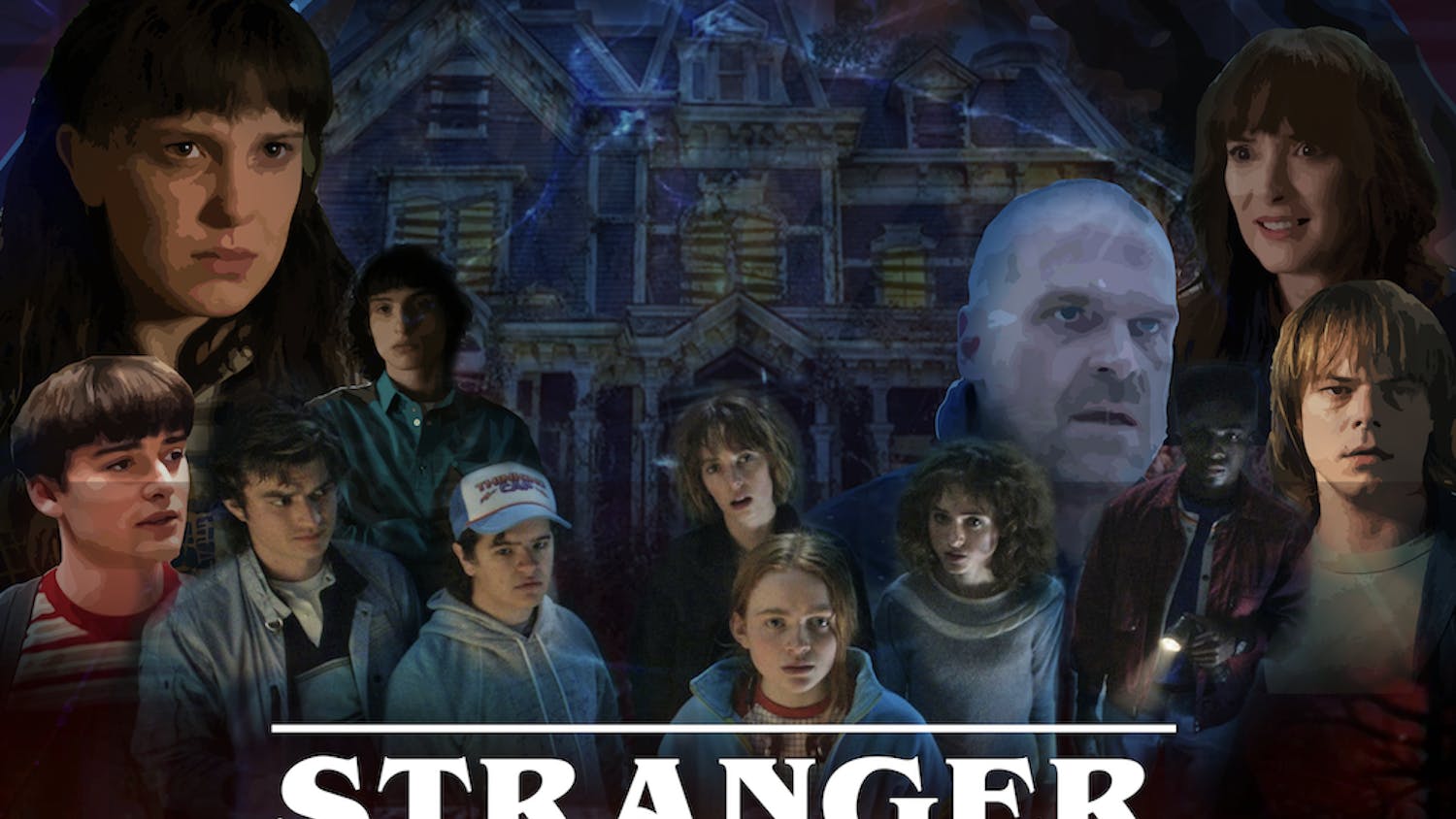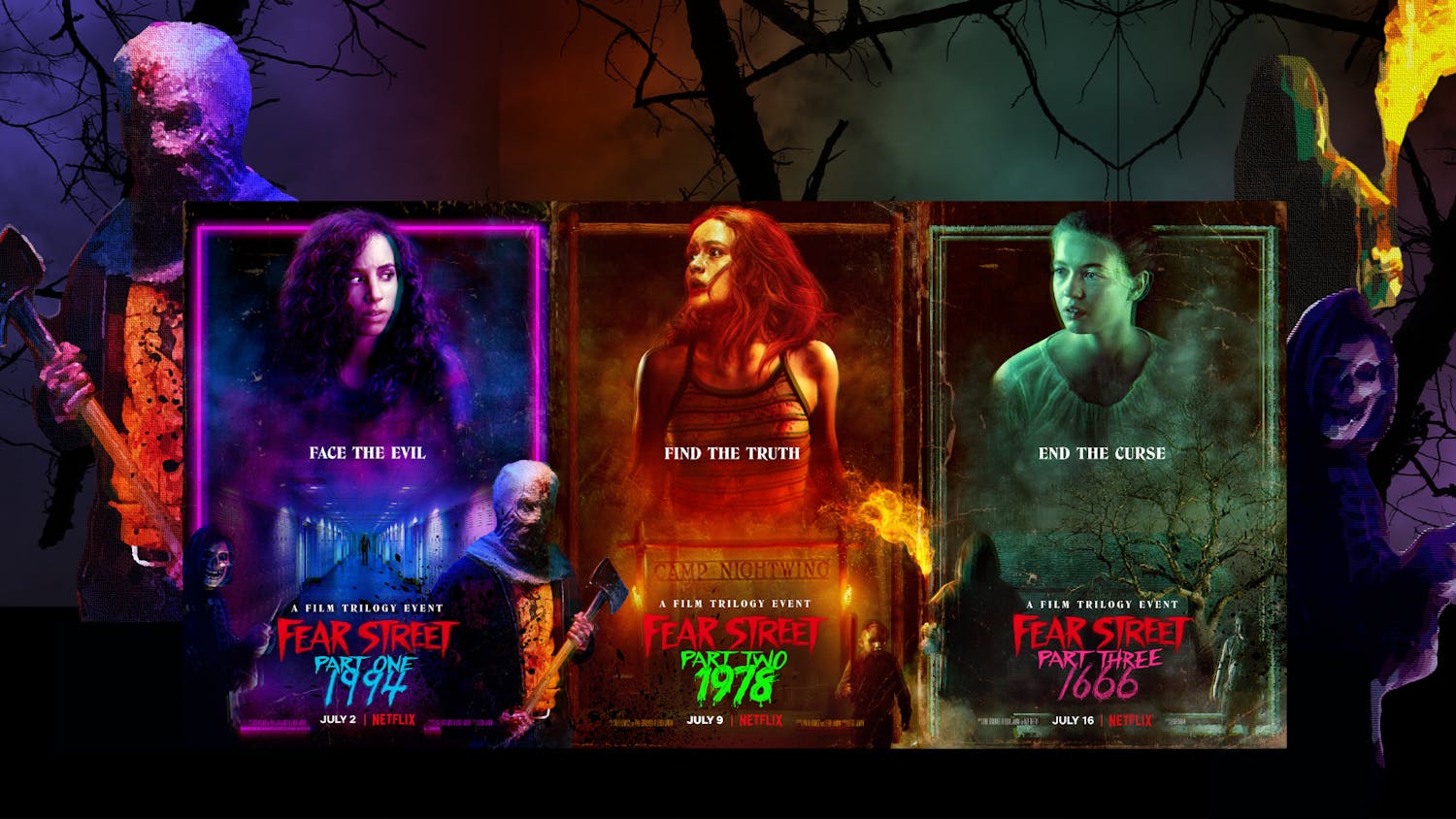I have multiple chronic illnesses. Chronic illness is a world of the unknown. It can be isolating. You feel like a problem. Daily activities can be obstacles. There’s a dichotomy between your goals and abilities. You never know when symptoms will change or stage a strike against the regimen you have built to combat them.
Getting a diagnosis can take weeks, months or years. Often with chronic or invisible illnesses, symptoms avoid logic and play coy with medical testing. Sometimes, doctors don’t take your complaints seriously. Why would they? Especially when you otherwise look like a fairly healthy, young adult.
This is why I take issue with “Afflicted,” a docuseries produced by Dan Partland that chronicles the lives of people living with chronic illness. I couldn’t finish the first episode. It was too unnerving; too sensationalized; too misleading; too ableist; too wrong. Most notably, too painful, especially for a community already dealing with pain and misunderstanding.
First, the series title. The word afflicted inherently means a burden. Something those with chronic illness already feel too strongly.
People who are sick are tended to. I have to cancel plans or feel more like I am being taken care of than a peer. “Afflicted” preys on this relationship of the served and serving, giving a hero’s portrayal to the partner or caretaker who forfeits their lifestyle for the afflicted.
Some argue this sheds light on the issue, especially as the number cases of chronic illness rises. People with chronic illness might feel less alone and resonate with the stories of those chronicled.
A change.org petition with more than 5,000 signatures calls for the show to be pulled down. The petition says the show sheds a bad light on chronic illness by suggesting the diseases are all in patients’ heads.
I’ve faced the same problem. It’s dangerous and wrong to suggest that these people’s symptoms are psychosomatic, which they are clearly not. This documentary shows invisible illnesses are still not fully accepted by the medical community and society at large. By sharing a documentary so widely on Netflix, a service with more than 125 million subscribers, society will further fall into the trapped mindset that will prevent people like me from getting the help I need and fully adapting to society.
Upon further research, even the people who agreed to be filmed feel like they were misled by the documentary. In “The Truth Behind Netflix’s ‘Afflicted’”, an article published on Medium, they share that important details were left out, leaving them open to “ridicule and disbelief.” This creates a false or uniformed narrative, which is a step backward for those with misunderstood illnesses. Subjects were hurt by the way their stories were framed and manipulated. Important scientific evidence was left unseen by Netflix audiences while only authoritative sources with doubts on those in the show were given a voice.
The show is intentionally edited to foster judgment and questioning. Input from doctors with expertise in the areas of chronic illness went unheard. Concrete evidence which would have answered questions, shown treatment trials and errors and revealed diagnoses and tests were not presented. That is not in journalistic due diligence.
Social media is filled with people attacking the shows subjects. Netflix’s “Afflicted” has senselessly and negligently left people already fighting for recognition and care with a harder battle to face as they are left with comments of people questioning their pain. In their words, “The damage to each of us personally and to our communities collectively is difficult to overstate and is ongoing, even as we write this post.” The harsh words weigh heavily on the chronic illness community, who are left to use often limited energy tanks fighting for treatment and understanding.
For those watching “Afflicted” on Netflix, it is easy to see why harmful viewpoints were formed or reaffirmed. However, the show is doing real harm with lasting consequences. If you are a person who hasn’t watched the show yet or one who has, it’s in the pursuit of truth and understanding that I would advise you to read the stories on Medium instead, or round out the knowledge on which you form your opinion.
Sophie Feinberg is a UF journalism junior. Her column comes out Monday and Friday.






